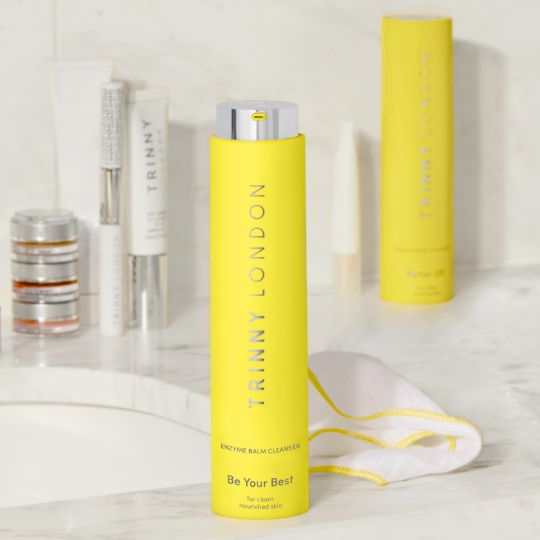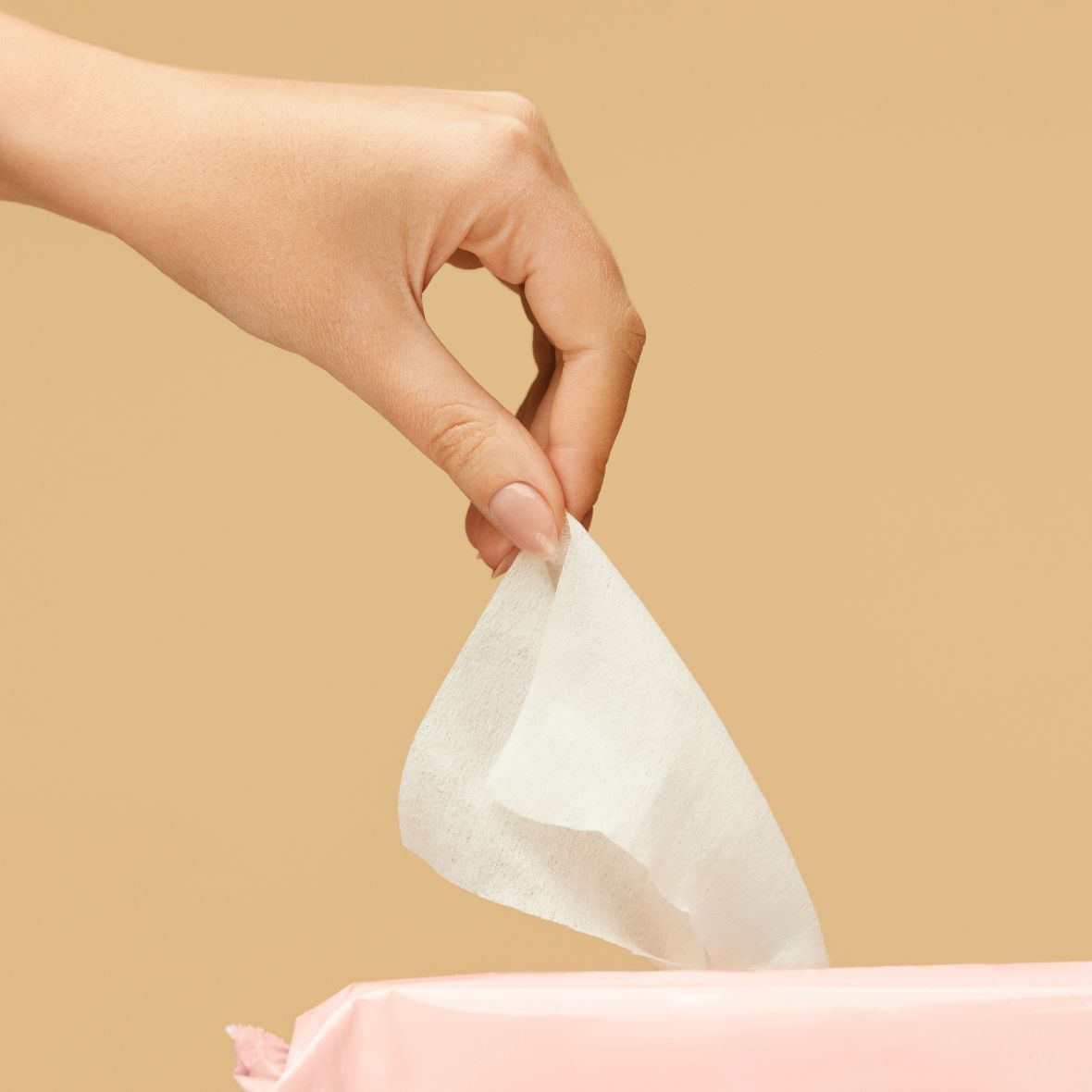

Consistency will reward you with a better complexion
The skincare market is a busy place. Every week sees the launch of a new brand, a new product, and the skincare obsessives among us jump at the chance to see if they work. But chopping and changing between products can actually cause more skin problems than it solves.
You wouldn’t go for one run and expect a place in the Olympics, so why would you expect your skin to be transformed after just one application of a new serum?
To see results, you’ll need to apply the same products, day after day, for a period of at least 4 weeks. That means no flitting from product to product, flirting with the latest launch or falling back in love with an old favourite. Skincare requires consistency, loyalty, and most of all patience, to reap its rewards.
Why is consistency important for skincare?
Our skin is under a lot of pressure
Stress factors including work woes, lack of sleep and a poor diet can all play a role in how our skin looks. We can’t control how our lives will change and the problems we might face, but we can control how our skin reacts to this stress. Consistently using skincare formulated to take an anti-inflammatory approach will help skin to better repair itself and defend against future challenges.
Your skin goes through different cycles
The top layers of our skin go through cycles whereby they shed the oldest cells to reveal the shiny new ones beneath. How long a cycle takes will vary from person to person, and slows as we age as our skin holds onto dead skin cells to protect itself. The average cycle is 28 days, but it’s around 21 days for someone in their 20s, and 45 days for someone in their 50s. It is only once your skin has gone through this process a couple of times that you will see just how well your new skincare is working.
Products take time to work
Like we’ve already said, you wouldn’t go for one run and count yourself as Olympic standard. Skincare is different to makeup and needs time to work its magic. Think of it as a marathon, not a sprint. Let your skincare warm up and get into its groove before dismissing it.
You can see what’s actually working
If you’re piling on different skincare products every day, it’s impossible to tell what’s working and what might be causing irritation. Introducing new products slowly and using them consistently will be a clearer indication. Think of it like a single pink sock in a white load of washing, it’s much easier to identify the culprit than if there was a mishmash of coloured socks in the drum.
Active ingredients can cause initial irritation
Some potent ingredients, like retinol, can cause a little irritation while skin adjusts. This is as retinoids speed up cell turnover, and the skin needs to catch up to the pace. Working through this can reward you with better skin on the other side. Introduce to your routine slowly, and check in on your skin regularly to ensure it’s happy before upping your usage.
Skincare has its limits
Cosmetic products including skincare have a role to play in tackling visible problems like fine lines, pigmentation and dullness, but as they’re not drugs, the results will only be temporary. As soon as you stop using them, the previous problems will start to return. Consistent, loyal use will prevent this from happening.
How to be more consistent with your skincare
According to a 2009 study published in the European Journal of Social Psychology, it takes an average of 66 days to create a new habit. That’s just over two months. But, to give yourself the best chance of getting into a good skincare habit, make it realistic.
Are you exhausted by bedtime, struggling to keep your eyes open as you brush your teeth? If the answer is yes, then you’re less likely to dedicate those precious potential extra minutes of sleep to your skincare. Instead, try washing away the day and applying your skincare as soon as you get in from work, or after you’ve eaten your dinner. Et voila – a new skincare habit.
Remember not to take on too much too. If you only have time to cleanse your face, make that the priority. You can add in additional steps, like exfoliants, serums and moisturisers later down the line once you’ve mastered the basics.
Read, watch and be inspired...



